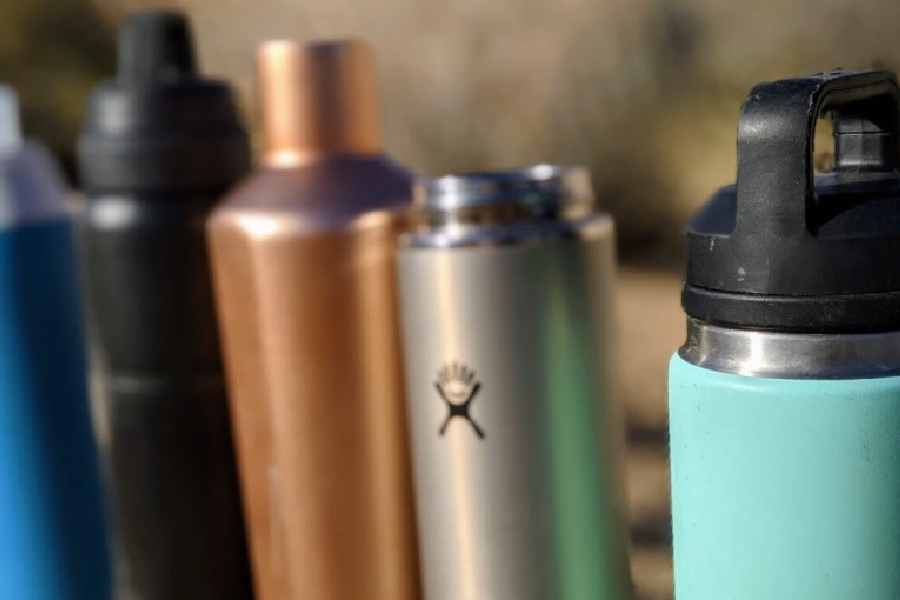The government has issued mandatory quality standard norms for potable water bottles and flame-producing lighters with a view to contain import of the sub-standard goods and boost domestic manufacturing of these products.
A notification regarding this was issued by the Department for Promotion of Industry and Internal Trade (DPIIT) on July 5.
The two items, under these quality control orders (QCO), cannot be produced, sold/traded, imported and stocked unless they bear the BIS (Bureau of Indian Standards) mark.
Now, manufacturing, storing and sale of non-BIS certified products are prohibited as per the BIS Act, 2016.
The violation of the provision of the BIS Act can attract a penalty of imprisonment up to two years or with fine of at least Rs 2 lakh for the first offence.
In case of second and subsequent offences, the fine will increase to Rs 5 lakh minimum and extend up to ten times the value of goods or articles.
"These QCOs will come into effect six months from the date of notification. These QCOs aim to strengthen the quality ecosystem in India and enhance public health and safety of consumers," the DPIIT said on Tuesday.
Last month, the government has also prohibited imports of cigarette lighters if the price per unit is less than Rs 20. Most of these lighters cost less than Rs 5 a piece.
The DPIIT said that the order mandates compulsory certification under the appropriate standards for the production and import of potable water bottles made of copper, stainless steel, or aluminium.
Similarly, the order for lighter mandates compulsory certification under Indian standards for safety specification for lighters and utility lighters for the flame lighters manufactured for domestic market or imported into India.
A lighter is a portable device which creates a flame and can be used to ignite a variety of items, such as cigarettes, gas lighter, fireworks, candles or campfires.
It consists of a metal or plastic container filled with a flammable liquid or compressed gas, a means of ignition to produce the flame, and some provision for extinguishing the flame. There are two types - flame and spark.
To support the domestic micro and small industries, relaxations have been granted in terms of the timeline for implementing the QCO, it said.
This aims to safeguard their interests while ensuring smooth implementation and fostering an environment conducive to ease of doing business.
Commenting on the move, DPIIT Secretary Rajesh Kumar Singh stated that it will not only contribute to the Gross Domestic Product (GDP) of the country but also put India prominently on the world map in terms of quality products.
During various industry interactions, Joint Secretary in the DPIIT Sanjiv has emphasised that in order to restrict circulation of low-quality products in India and to ensure safety of the consumers in the country, mandatory quality control measures such as QCO are necessary.
Mandatory QCOs help curb import of sub-standard products, prevent unfair trade practices, and ensure the safety and well-being of consumers, as well as the environment.
DPIIT is actively pursuing with the BIS to develop quality testing labs, product manuals, and other essential components, fostering the growth of a robust quality ecosystem in India.
In collaboration with the Bureau of Indian Standards (BIS), DPIIT has initiated the development of 64 new QCOs, covering 317 product standards.
Extensive consultations with key industry associations and stakeholders are conducted to gather valuable inputs and feedback for each order.
These orders are also vetted by the Department of Legislative Affairs. Once this process is completed, they are uploaded on the World Trade Organisation (WTO) website for a 60-day period, inviting comments from member countries.
Except for the headline, this story has not been edited by The Telegraph Online staff and has been published from a syndicated feed.











